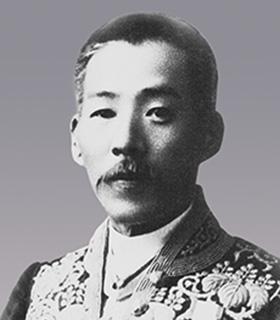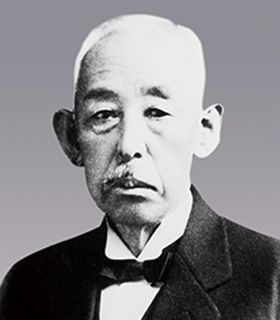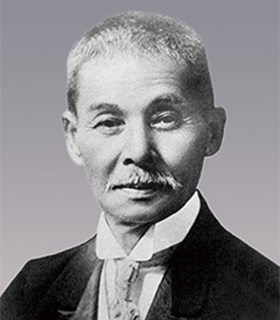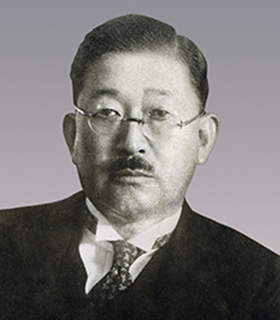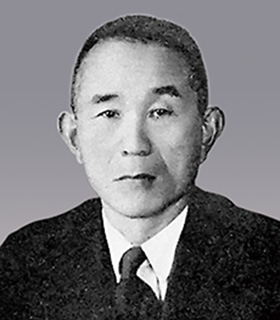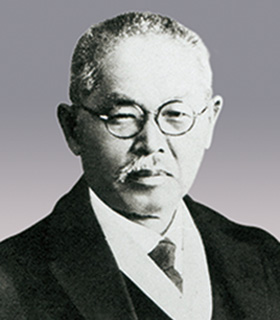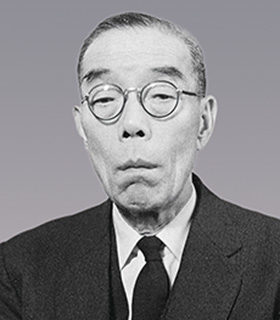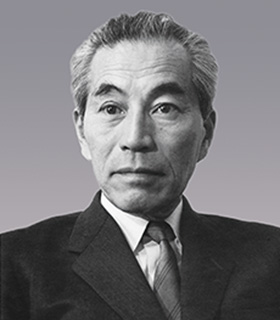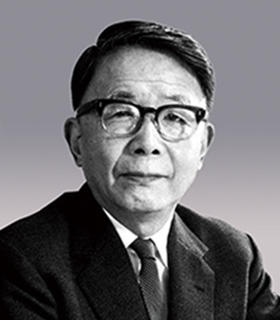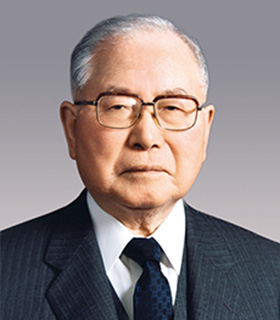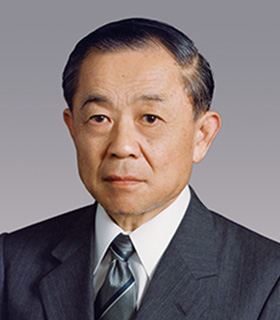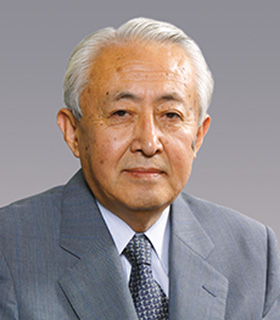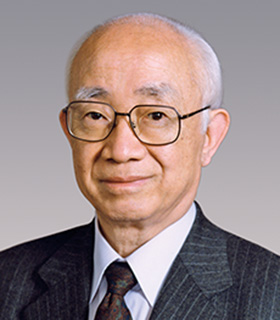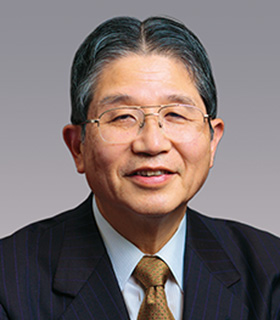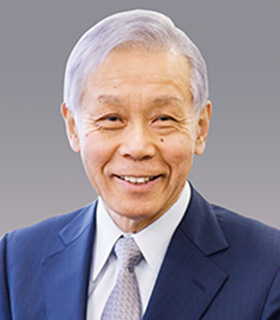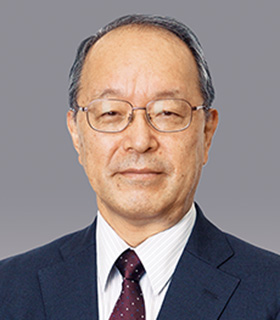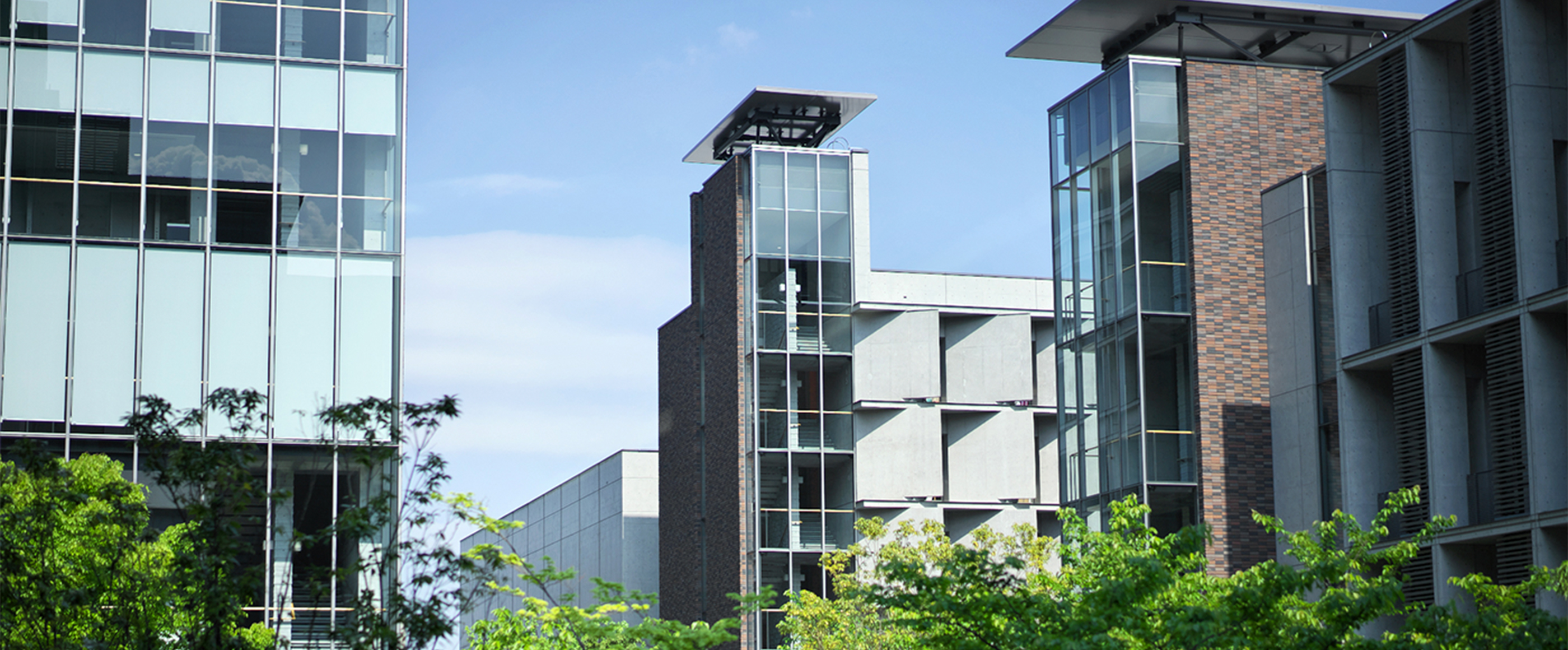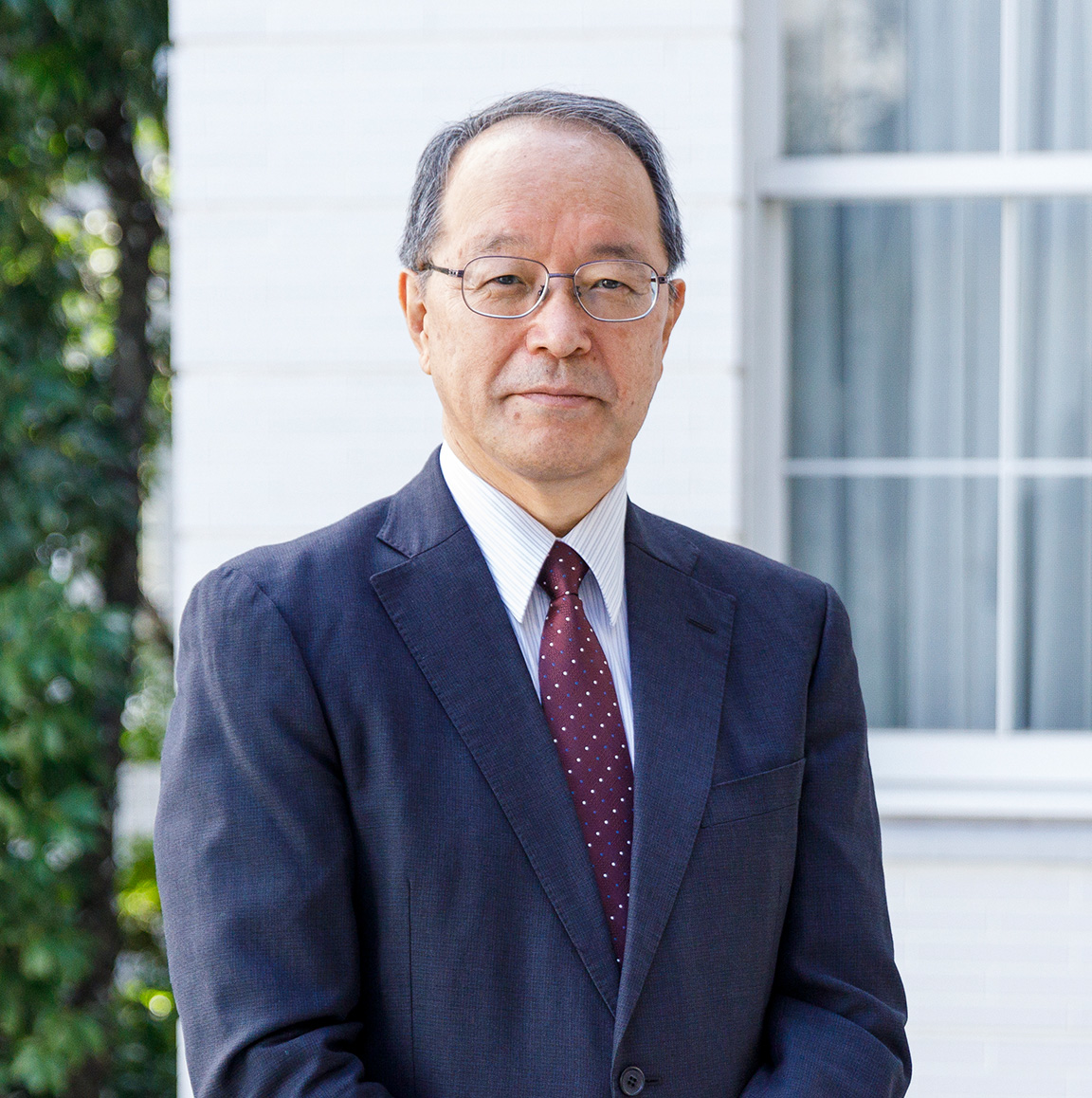Tokyo University of Science will produce human resources who pioneer the future of the world
With over 140 years of history, Tokyo University of Science has continued to face science, technology, and society head on, while maintaining an unchanged tradition since its founding. As a result, the university has firmly established itself as the premier privately held university of science and technology in Japan due to its advanced research and educational capabilities. The founding spirit of the university, representing the passionate beliefs of its founders, is that “Building a better future with Science”. This belief has been passed down continuously along with the university’s traditional educational policy of “Achieving Excellence”, and every day, our passionate faculty members highly qualified in research provide education.
Today, a variety of issues such as global climate change, natural disasters, and international conflict and strife stand in the way of humanity, and human resources are constantly required to take on the challenge of solving these issues. Modern society acts based on science and technology, which can be said to drive society. In addition, the pace of change is fast, and it is no longer the case that mastering a single field at university will suffice for one’s entire life. In such an era, we strongly hope that those who study at our university will not only study their specialized fields, but also gain the ability to extend learning to other fields, that students will not only acquire the ability to create fusions that go beyond existing academic fields, but also the ability to tackle various challenges, and that they will develop the ability to create something original.
At our university, we design career plans tailored to each individual and develop a curriculum and system that allows them to move into new fields without hesitation. At the same time, we promote cross-disciplinary educational research and build an environment that creates collaboration and fusion that transcends the boundaries of academic fields. In 2025, the Faculty of Pharmaceutical Sciences and the Graduate School of Pharmaceutical Sciences will move to the Katsushika Campus. This will further create cross-disciplinary fusion and collaboration, and create new educational and research bases. At the same time, we will promote the creation of an environment where people with different ways of thinking and values can learn together.
Furthermore, in order to foster creativity and the spirit of challenge in our students, our university is trying to instill a culture of “praising legitimate failures.” Creative research and taking on the challenge of new fields does involve risk, but based on the information obtained during the preparation stage, you often decide that the challenge is worthwhile and take it anyways. Even if you fail as a result of doing so, we evaluate the effort highly as a “legitimate failure”. You fail over and over again. When you fail, you will be criticized. But you can look forward to the next big success as a result of this process. We foster a culture of support for challenge and praise for “legitimate failure.”
In such an enriched educational and research environment, under an educational policy that will not change in the future, we will produce a diverse range of graduates, including those who support today's science and technology, those who can create the social value that will be needed in the near future, and those who can respond to the changes and uncertainties that will occur in the unknown future.
Tokyo University of Science values people with various characteristics, backgrounds, and ways of thinking, and it is a place where new opportunities can be found and where brand new things come to be. Tokyo University of Science welcomes students with a passion to do something that no one else has done before, and students with a mind to take on new research that will solve social problems and lead to innovation. We look forward to learning with people who share these ideas.
